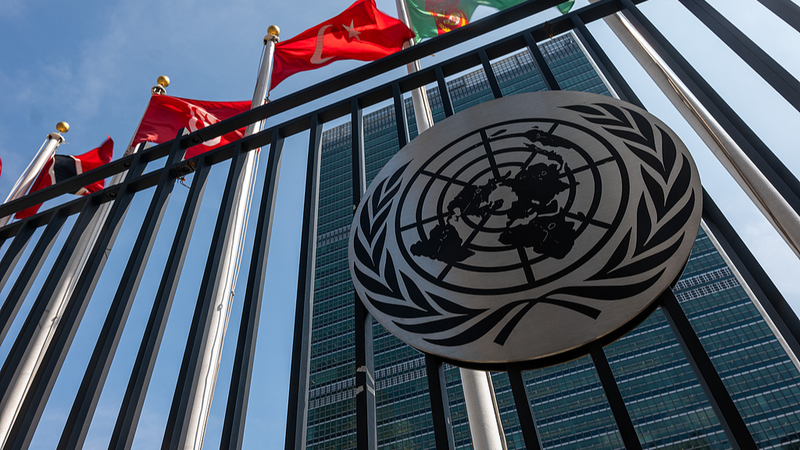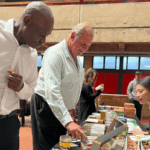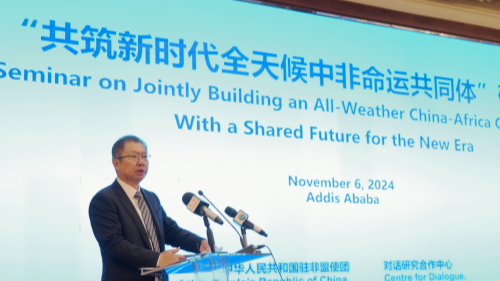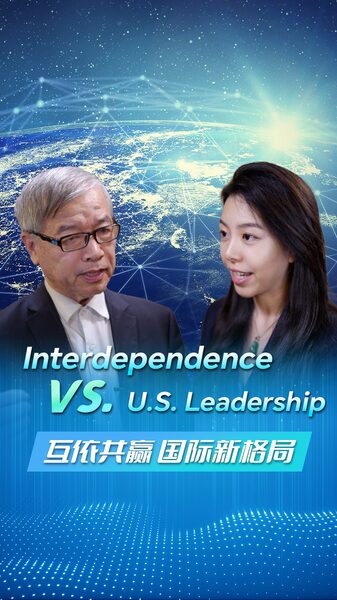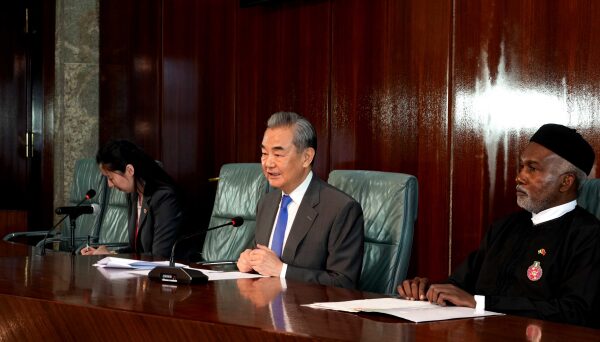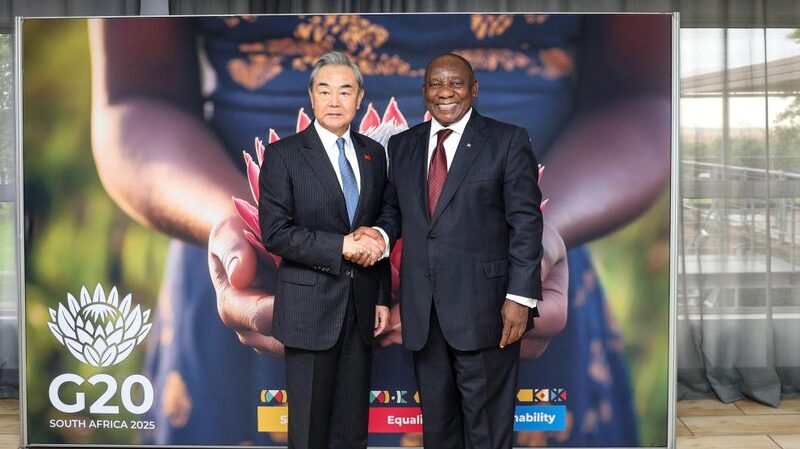As the United Nations marks its 80th anniversary, global experts are reflecting on its legacy while charting a path for reform in an era of geopolitical shifts and rising multipolarism. Two prominent voices – Professor Liu Baocheng from China and African scholar Emmanuel Matambo – offer insights into the organization's evolving role through Asia's lens.
The UN’s Foundational Role
Liu described the UN's creation as humanity's collective answer to centuries of conflict, praising its success in preventing major power wars and amplifying Global South voices. Matambo highlighted an often-overlooked achievement: "The biggest accomplishment lies in global health advancements, particularly in Africa," he noted, citing WHO-led vaccination campaigns.
China’s Growing Engagement
From early exclusion to becoming the second-largest UN funder, Liu outlined China's transformation into a key multilateral player. "Through initiatives like Belt and Road and peacekeeping missions, we focus on capacity building rather than conditional aid," he explained, emphasizing infrastructure support for developing nations.
Africa’s Reform Agenda
Matambo championed the African Union's push for permanent Security Council seats: "With 54 member states facing climate and health crises, Africa needs decision-making power proportional to its population." He referenced the Ezulwini Consensus demanding two veto-wielding African seats as essential for equitable governance.
Roadmap for Renewal
Both experts agreed on the UN's irreplaceability despite challenges. "No single institution can match its universal legitimacy," Liu asserted. Matambo called for urgent structural reforms: "We need a UN that reflects 21st-century realities, not 1945 power dynamics." Their consensus? Greater Southern representation and operational efficiency will determine whether the organization thrives in its next decade.
Reference(s):
cgtn.com
